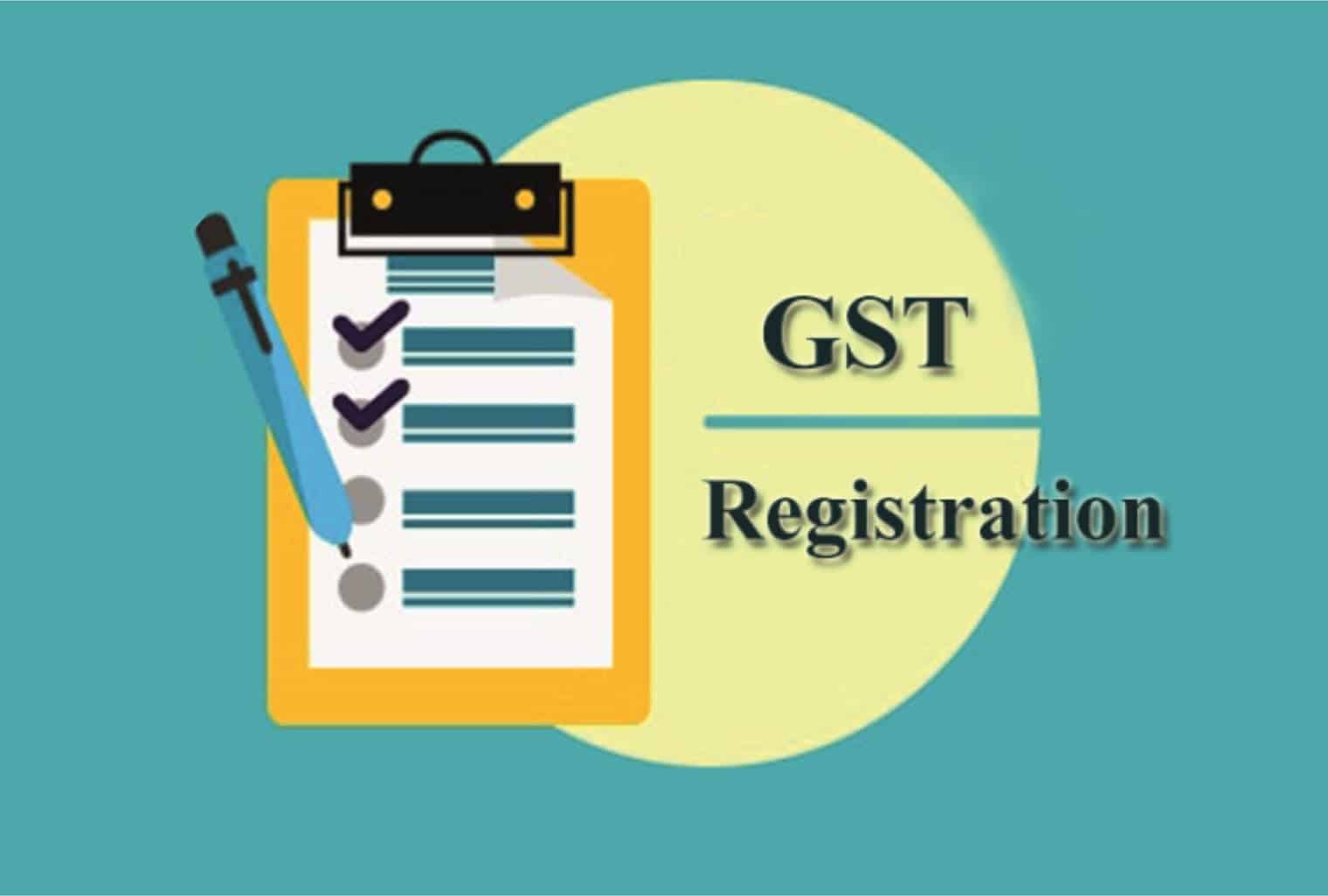Why Singapore GST Registration is Critical for Your Startup
Why Singapore GST Registration is Critical for Your Startup
Blog Article
Optimizing Tax Obligation Performance: Expert Tips on Navigating the GST Registration Labyrinth for Local Business
Navigating the intricate landscape of Product and Provider Tax (GST) registration can be a labyrinthine job for little services intending to maximize their tax obligation effectiveness. In this conversation, we will explore expert understandings and workable recommendations that can empower tiny organizations to browse the GST registration labyrinth effectively and enhance their tax obligation performance.
Qualification Requirements
Qualification needs for Small Company GST Registration incorporate certain standards that companies have to meet to abide with tax obligation regulations. To qualify for GST enrollment, an organization has to have a yearly turn over going beyond the threshold set by the tax authorities, which varies by nation.

Documents Needs
The required documentation normally includes evidence of business enrollment or identity, address and unification evidence of the service proprietor, photos, financial institution account information, and proof of the principal area of company. In addition, businesses require to supply details of their business tasks, consisting of the products or services provided.
Maintaining all needed documents organized and easily obtainable can enhance the enrollment process and help businesses comply with the needs effectively. Careful interest to information and adherence to the documentation standards are essential for a successful GST registration process for little organizations.
Timing Considerations
Taking into consideration the necessary paperwork demands have actually been carefully resolved, the next important facet for small companies starting the GST enrollment procedure is the strategic management of timing factors to consider. Timing plays a pivotal duty in GST registration, affecting not only conformity however also financial facets of business. Local business need to meticulously plan the timing of their GST registration to maximize benefits and decrease prospective dangers.

In addition, organizations need to line up the timing of their GST enrollment with their functional preparedness. Adequate prep work, such as upgrading audit systems and training team, is important to perfectly incorporate GST needs into day-to-day operations. By tactically taking care of timing factors to consider, local business can browse the GST anchor enrollment process efficiently and optimize their tax effectiveness.
Enrollment Refine Tips
Effectively navigating the GST registration procedure calls for tiny businesses to straight from the source implement aggressive and tactical enrollment process ideas. This consists of organization enrollment papers, evidence of address, bank statements, and identification proofs of the business proprietors.
In addition, comprehending the limits and demands for GST enrollment based upon the certain state or region where the business operates is vital. Some states have different turnover limits that trigger obligatory enrollment, so being educated concerning these thresholds can aid businesses plan ahead.
Another valuable suggestion is to consider looking for expert help from accounting professionals or tax specialists who focus on GST enrollment. Their expertise can enhance the process, reduce mistakes, and make certain compliance with all laws.
Conformity Ideal Practices
Tiny organizations need to focus on compliance to prevent fines and preserve an excellent standing with tax obligation authorities. Small organization proprietors must consistently assess federal government standards and look for professional suggestions if required to ensure they are satisfying all demands. By incorporating these conformity ideal practices right into their procedures, little organizations can browse the complexities of GST registration with self-confidence and efficiency.
Conclusion
To conclude, local business can browse the GST registration maze by ensuring they fulfill eligibility standards, gather required documentation, consider my review here timing effects, follow registration process ideas, and stick to conformity ideal techniques. By optimizing tax effectiveness through appropriate GST registration, services can improve their monetary management and procedures.
Browsing the detailed landscape of Product and Provider Tax Obligation (GST) enrollment can be a labyrinthine task for small services intending to optimize their tax obligation performance.Qualification demands for Small Business GST Enrollment encompass certain criteria that companies have to satisfy to comply with tax guidelines. The called for documents normally consists of proof of organization registration or address, identification and unification proofs of the organization proprietor, pictures, bank account information, and evidence of the primary area of service. Additionally, businesses need to give information of their organization activities, including the products or services supplied.Efficiently navigating the GST registration procedure calls for tiny businesses to execute critical and proactive enrollment procedure pointers.
Report this page